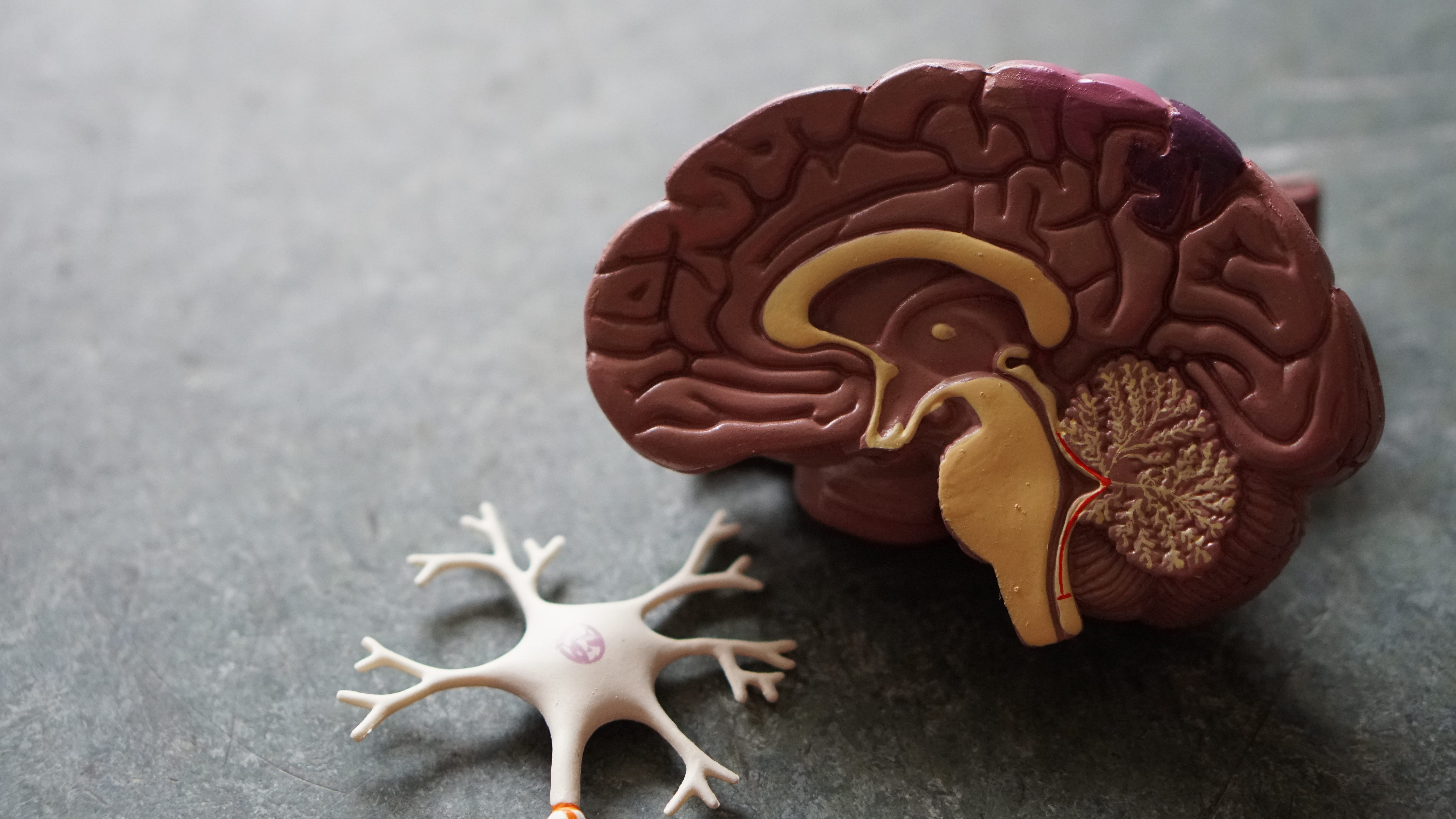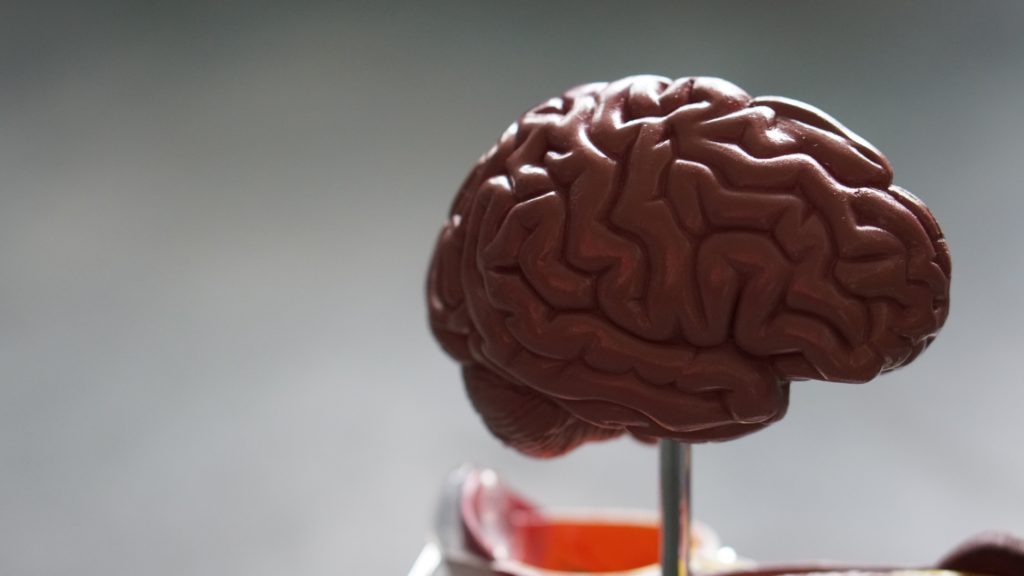The brain is a complicated thing—so intricate, in fact, that we’ve yet to wrap our minds around it. With around 80 billion neurons connecting in many ways, there’s a sobering possibility that we’ll never fully understand our own brains.
80,000,000,000 neurons in the brain
If each neuron were a grain of sand, they’d fill roughly 65 bathtubs
Further confusing things is the fact that the communication between our neurons, or “functional connectivity,” is often in flux. This capacity for transformation (incredible as it may be), combined with the huge number of connections, means that psychiatric diseases likely consist of many abnormal processes occurring at once. It’s always been tempting to believe that each condition corresponds neatly to one cause, but psychiatric research simply doesn’t support this belief.

An estimated 1 in 4 people around the world will be affected by psychiatric illness at some point in their lives, according to the WHO. These hundreds of millions of people often face serious decreases in quality of life, and the ensuing societal and economic effects can’t be ignored. And despite new treatment developments, some psychiatric illnesses are only getting more common.
Although many people find effective treatments with the help of a psychiatrist and/or a psychotherapist, the status quo of both psychopharmacology and psychotherapy involves a lot of guesswork. Because we don’t know what causes psychiatric illness, doctors have to work within imprecise ideas about what might work for a certain patient. Combined with the necessity of relying on the patient’s self-reporting—which is sometimes inaccurate—psychiatry proceeds mainly along the lines of trial and error.
In cutting-edge attempts to understand the brain more fully, researchers have developed computational models for many of its processes. But the almost unimaginable complexity of our brains still vastly outweighs our ability to figure out how it works and where things can go wrong. The strange reality is that our brains might not even be capable of understanding and describing themselves.

Then, like experts in so many fields, psychiatrists turned to artificial intelligence, or AI. A rapidly developing means of simulating human intelligence in machines, AI is being tested to help psychiatrists make accurate diagnoses, predict treatment responses and courses of illness, and uncover brain mechanisms.
A recent Forbes article features Jamie Feusner, MD, a proponent of computational psychiatry. In his research, Dr. Feusner is working with other researchers to develop AI techniques like machine learning and deep learning that test multiple hypotheses in fractions of a second—not months or even years.
Dr. Feusner, NOCD Chief Medical Officer and Professor of Psychiatry and Behavioral Sciences at UCLA, emphasizes “letting the data tell us” about the brain with algorithms—this may, in turn, allow us to replace our current means of classifying psychiatric conditions. Algorithms may also help clinicians practice “precision medicine,” an individualized method of both diagnosing and treating patients.

Along with other cutting-edge projects, Dr. Feusner’s research group at UCLA is working to predict how well people with OCD might response to intensive exposure and response prevention therapy based on brain connectivity patterns. As he notes, these kinds of remarkable outcomes still need to be paired with “a human hand to make sure that the outcomes make sense, that they are applied in both useful and ethical ways, and that people’s privacy is maintained.”
In a 2018 study, Dr. Feusner worked with NOCD Scientific Advisor Dr. Alex Leow and the rest of our team to analyze deidentified data from users of the NOCD mobile app and determine the relationships underlying various types of obsessional thoughts. This application of natural language processing revealed unexpected patterns in thousands of users’ obsessions. We’re now working to intelligently and efficiently help people design exposure exercises based on obsessional words they’ve previously identified as triggering.
Mobile apps like NOCD create vast potential for machine learning (and AI in general) to use countless types of information in an effort to better understand psychiatric conditions. Data like the words people use and the speed of their typing can help clinicians and their patients improve their understanding of our brains and their illnesses.
Dr. Feusner provided notes for this article, and is Chief Medical Officer at NOCD.
If you or someone you know is struggling with OCD, schedule a free call today with the NOCD clinical team to learn more about how a licensed therapist can help. ERP is most effective when the therapist conducting the treatment has experience with OCD and training in ERP. At NOCD, all therapists specialize in OCD and receive ERP-specific training.

